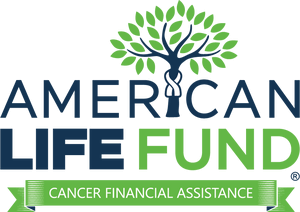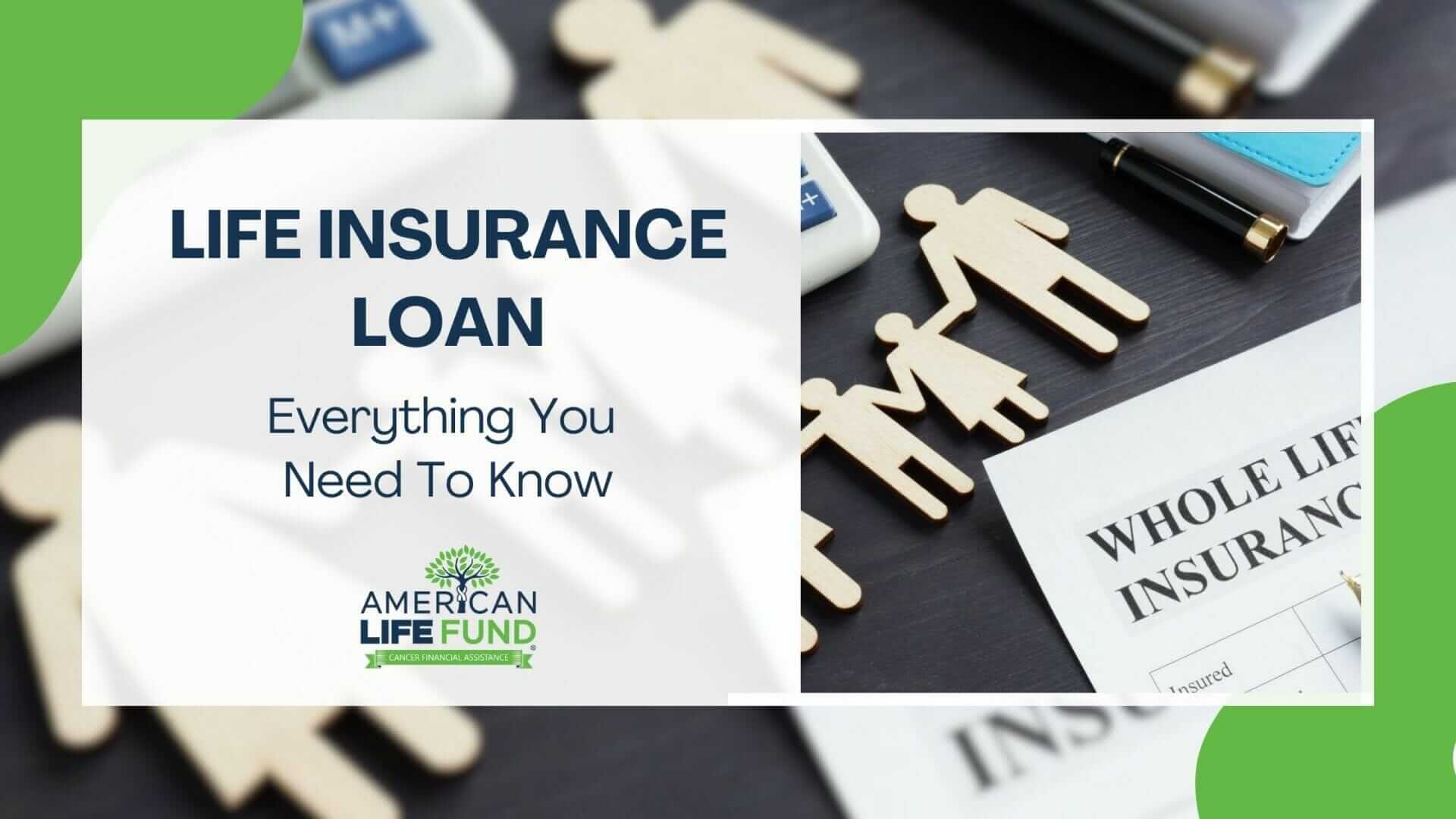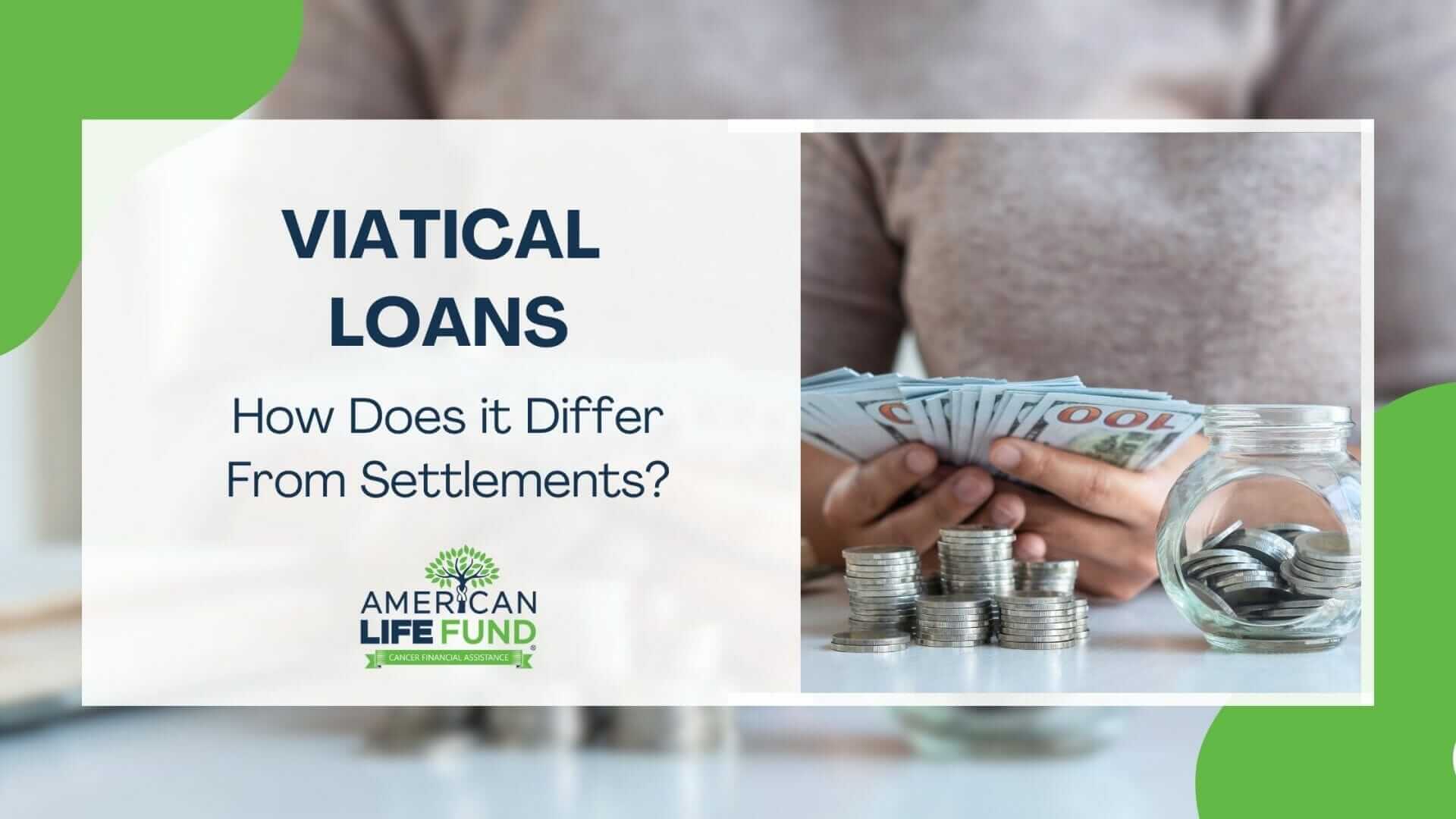Whole life insurance provides lifetime coverage and builds cash value over time, which you can borrow against for immediate financial needs. You can typically access up to 90% of the cash value, but it’s important to know that this may reduce your death benefit and increase premiums due to interest. The advantages include lower interest rates compared to traditional loans, making it a smart option for short-term financing. However, consider potential high fees and financial risks if the loan isn’t repaid.
What is Whole Life Insurance?
Whole life insurance policies are permanent policies (different from term life) that offer lifetime coverage and cash value accumulation, which act as both an investment and an insurance policy. As your premium payments accumulate, they create cash value over time, which you can borrow against later down the line.
Can You Borrow From a Whole Life Policy?
It is possible to borrow from a whole life policy. However, certain eligibility requirements must be met. Generally, you must be the policy owner and have had the insurance for at least ten years before you can borrow money against it.
What Percentage Can You Borrow From a Whole Life Policy?
Depending on the policy, you may borrow up to 90% of its cash value, although the amount will vary by insurer. When borrowing from a whole life policy, it’s important to remember that any money borrowed will reduce your death benefit and also increase the policy’s premiums if left unpaid. Additionally, some policies may come with interest rates or other associated fees when taking out a loan.
How Much Cash Value Can You Take Out of a Whole Life Insurance Policy?
The exact cash surrender value you can obtain from your whole life insurance policy depends on the policies of the company that manages it. If there is a built-up cash reserve within this policy, you can loan against it, withdraw, and even forfeit your contract. All while still obtaining any saved capital.
How Long Does it Take to Borrow Money From Life Insurance?
The amount of time it takes to receive money from a life insurance loan may vary depending on the provider. Some loans are available as soon as one day, and others take up to 15 days.
Should I Pay Back my Whole Life Insurance Loan?
When deciding whether or not you should pay back a loan taken out on your whole life policy, there are several things to consider.
The amount of interest and associated fees associated with the loan will be key factors in determining if it is worth paying back. Additionally, unpaid loans can significantly decrease the death benefit provided by your policy.
Paying the loan off also helps you avoid increasing premiums due to interest charges. Ultimately, weighing these various considerations will help you make an informed decision about handling your life insurance loan.
When Should You Cash Out a Whole Life Insurance Policy?
Deciding when to cash out a whole life insurance policy can depend on your needs and financial situation. Generally speaking, cashing out the policy should be done when the policy’s value is higher than the sum of premiums paid throughout its duration due to investment gains in the account associated with the policy. It’s also important to consider what type of death benefit you want for your beneficiaries before deciding if cashing out your whole life insurance policy is right for you.
Advantages of a Whole Life Insurance Loan
When done properly, taking out a loan against your whole life insurance policy can be a smart financial move. The main advantage is that you can leverage the current cash value of your policy for short-term financing.
Interest rates on whole life insurance loans are often lower than traditional bank loans, meaning more of your money stays in your pocket.
Repaying the loan does not reduce your policy’s death benefit like other forms of borrowing would. When used responsibly, whole life insurance loans can be a great way to provide short-term financing without sacrificing long-term goals.
Disadvantages of a Whole Life Insurance Loan
Some key disadvantages come with taking out a loan against your whole life insurance policy. Since loans taken out against your policy must be paid back to collect the death benefit, missing payments can have serious consequences.
Additionally, most of the time, these loans require that collateral be secured for repayment, meaning the additional financial risk for you or your estate if the loan is not repaid.
When you take out a loan from a whole life insurance policy, there are typically high surrender fees and potential taxes associated with this decision. It’s important to weigh all these factors before deciding if taking out a loan is right for you.
When a Viatical Settlement is an Option
When a life insurance policyholder has a serious illness, they may qualify for a viatical settlement. This type of transaction allows the policyholder to receive a large portion of their death benefit early in exchange for selling the whole life insurance policy.
Viatical settlements are typically chosen when the policyholder needs cash to pay for medical expenses and other costs associated with their illness. However, there are no restrictions on how the proceeds can be used, making them a great financial option.
In Conclusion
Taking out a loan against your whole life insurance policy or selling your policy through a viatical settlement can be great options for those who need cash from their policy. Ultimately, considering all of the pros and cons associated with these decisions will help you make an informed choice that is best for you and your financial future.
If you want more information on how settlements work and how you can get the most money from your policy, fill out our simple form or give us a call today at 877-421-0148.







